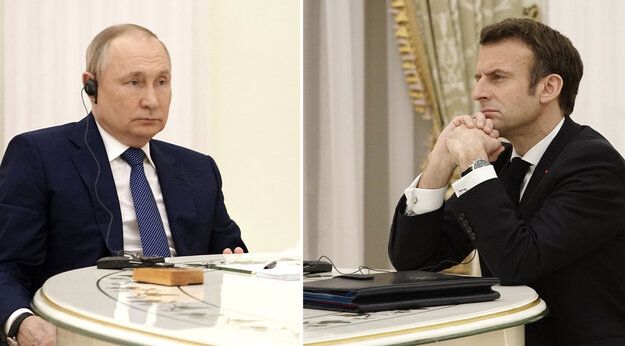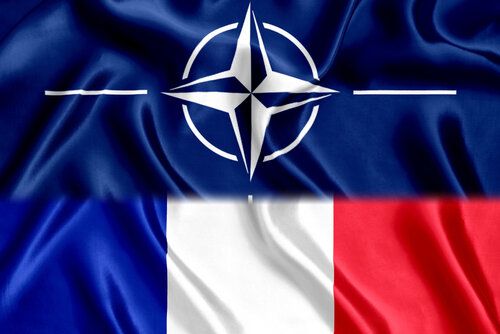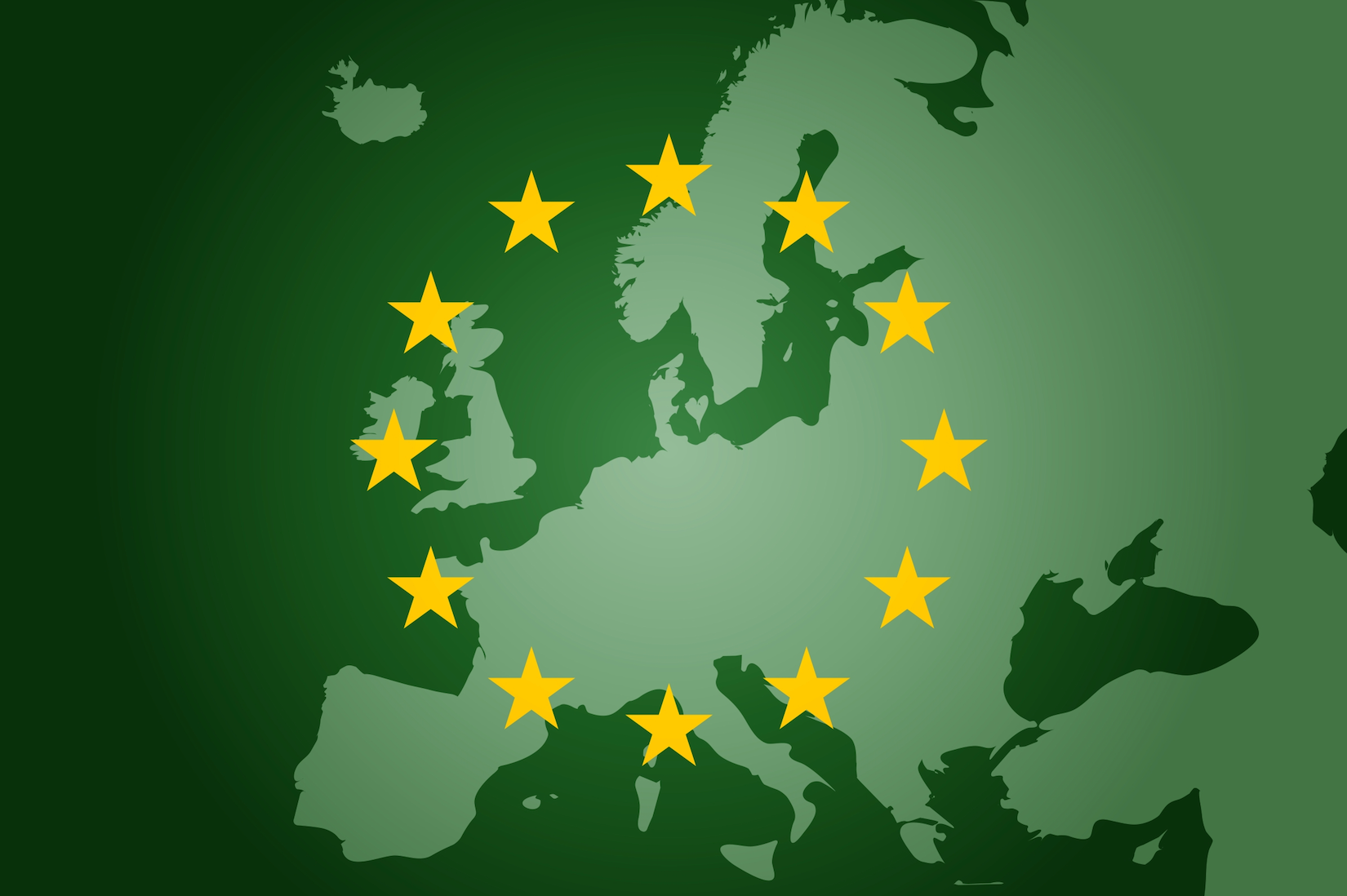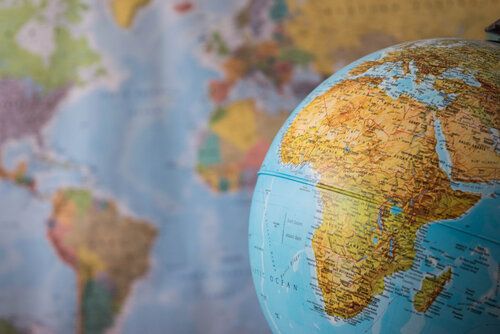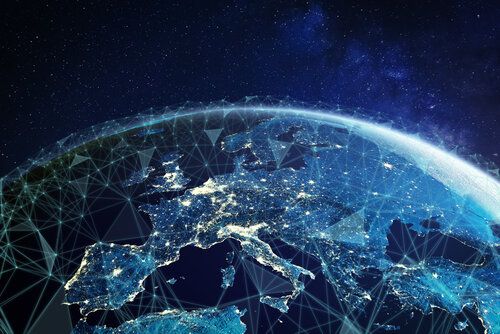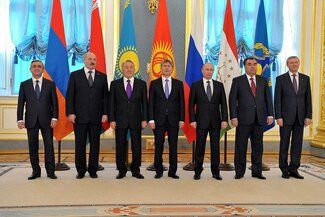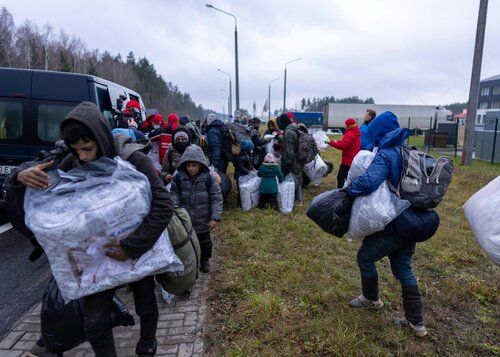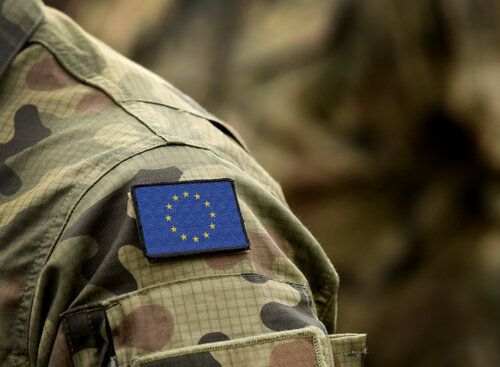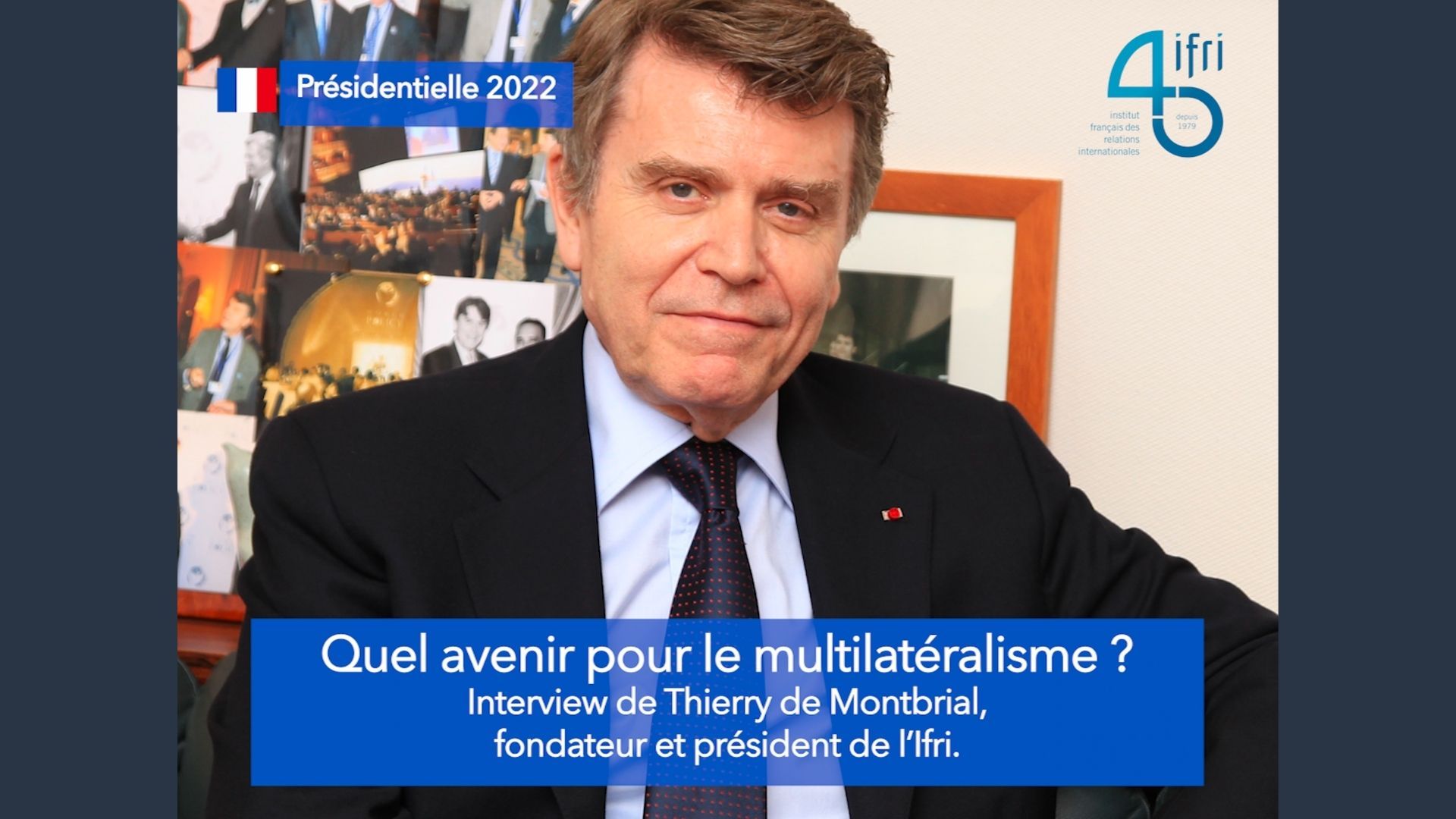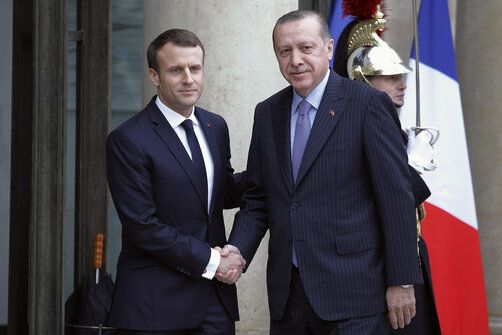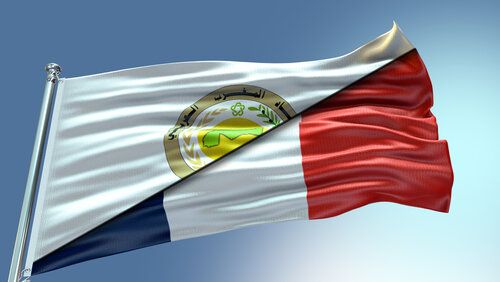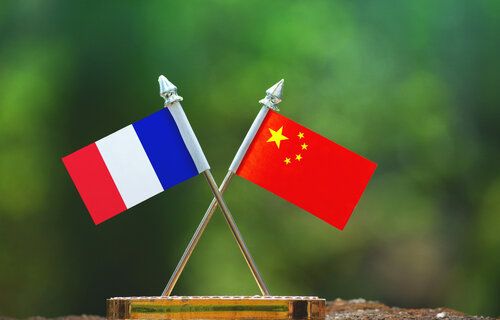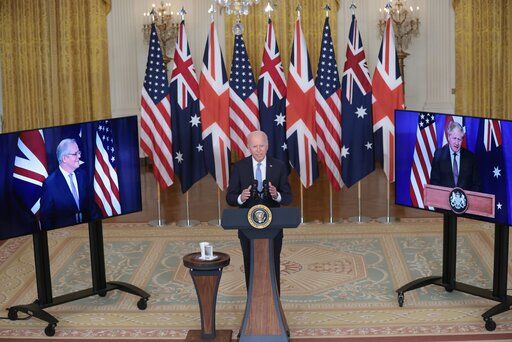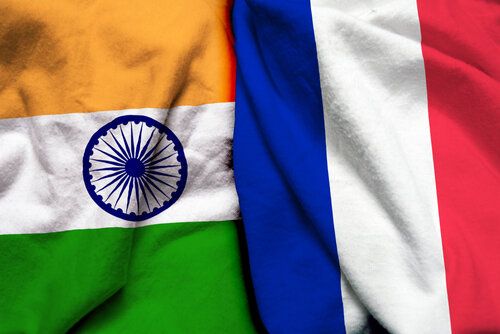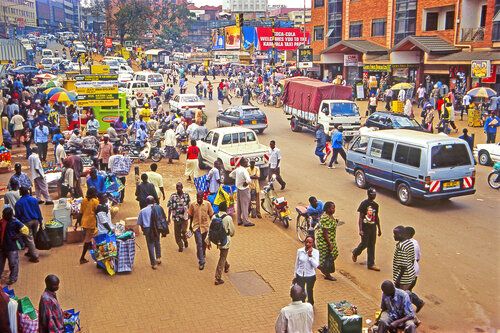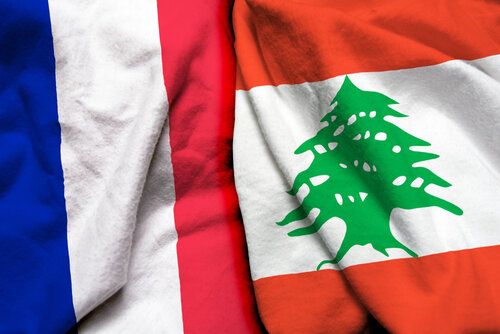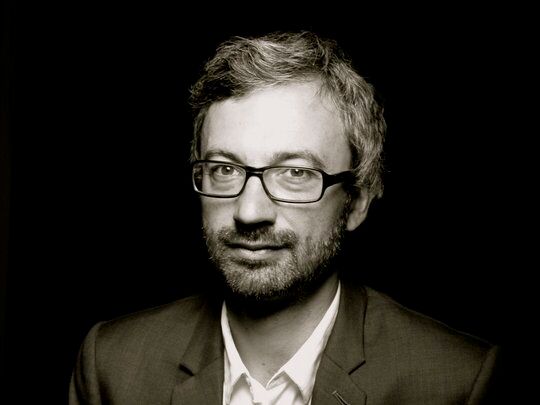In November 2021, the 2,000 migrants trapped between Belarusian and Polish soldiers became a focus of attention for European diplomacy. Belarus organized the arrival of several thousand migrants, over a few months, at the borders first of Lithuania and then of Poland. This has been perceived as an “act of aggression” by the governments of the latter two countries. The migrants, most of them from the Middle East, are being used as “human weapons” in a geopolitical game that is not really about them. This new crisis illustrates how immigration has become a lever used by some governments to achieve goals in unrelated areas.
Migration as a Double-Edged Weapon
Such use of migration for geopolitical ends is nothing new. In the 2000s, Gaddafi’s Libya did not hesitate to threaten to allow hundreds of thousands of migrants to use its shores as a departure point in order to obtain a political and economic partnership with Italy. But it was particularly after 2015 that the nations surrounding the European Union (EU) developed a method of coercion based on risks of migration. They took advantage of European governments’ shock at their collective inability to deal with the arrival of more than a million exiles. At that time, the EU could not come up with a better solution than giving third countries a share of the responsibility for managing flows of migrants. That transfer of responsibility—of sovereignty, even—is now being turned against Europe.
The joint statement by the EU and the Turkish government on March 18, 2016, commonly known as the EU-Turkey Deal, is the best-known example of this. Turkey undertook to prevent migrants and refugees from leaving it for Greece in exchange for 6 billion euros plus the reopening of negotiations on Turkey joining the EU and making visas easier to obtain. Since then, the Turkish government has regularly reminded Europeans of their position of dependence. In February 2020, for example, more than 10,000 people reached the land border between Greece and Turkey after Europe had expressed reservations about Turkey’s land-based military intervention in Syria. More recently, in May 2021, Morocco put similar pressure on Spain by letting hundreds of migrants enter the enclaves of Ceuta and Melilla after Spain had admitted a leader of the Polisario Front to a hospital on its territory.
European countries and the EU itself do not hesitate to include migration issues in diplomatic relations, on terms that are increasingly turning into tests of strength. Before 2015, the EU agreed to compensate third countries that cooperated effectively on migration issues, particularly on the return of illegal immigrants. Now, however, sanctions are the preferred approach. Either restrictions are placed on access to visas, a mechanism authorized by a 2020 reform of the Schengen Code, or development assistance is made conditional for countries that do not comply with European priorities on migration. France’s decision to make drastic cuts to the number of visas for North African nationals fits in with this change of thinking.
Diplomacy at the Service of Migration Policies
The politicization of migration issues within the EU has reached levels not seen since the end of the Second World War. This is evidenced by the national elections that have largely hinged on this topic, from the United Kingdom to Hungary. It might therefore seem natural that this politicization would increasingly affect the foreign policies of the EU and France.
Immigration has long been a topic for diplomacy. The best-known example is the protection of refugees. Up until the end of the 1980s, the 1951 Geneva Convention Relating to the Status of Refugees was a foreign policy tool for liberal democracies against the Communist bloc. We should recall that in France, the right of asylum was the responsibility of the minister for foreign affairs until 2007. Immigration was also a trade-off in France’s postcolonial relationships.
Now the relationship appears to have been reversed because a part of foreign policy seems to have been subordinated to governments’ migration goals. The question then becomes how to link the other strategic ambitions of France and the EU, such as economic or security cooperation, so that foreign policy is not primarily guided by the emotions aroused by the topic of migration and the need for rapid results.
The flight of the Ukrainians from the Russian invasion is a terrible repetition of history in Europe. The exile of more than one and a half million people during the first week of the conflict has reminded Europeans that population displacement is a consequence of geopolitical tensions and therefore a matter of international relations. Yet, in this case, the European Union cannot delegate the management of the reception of Ukrainian refugees to any third country, since it is on the front line itself. But the easing of the Schengen rules and the undebated recognition of group protection for Ukrainians emphasize that the way in which the EU will welcome these refugees is not an issue of migration policy, but one response among others in the arsenal of measures against Russia.

